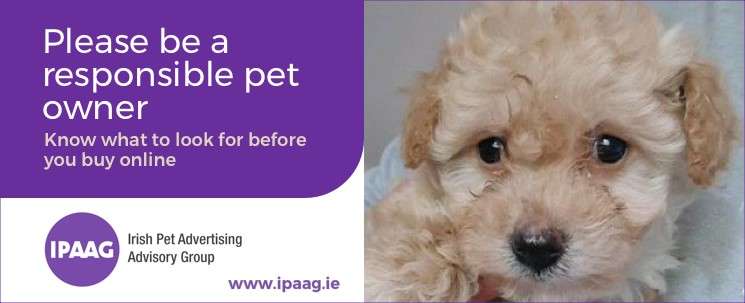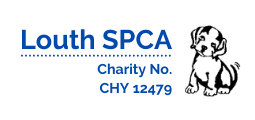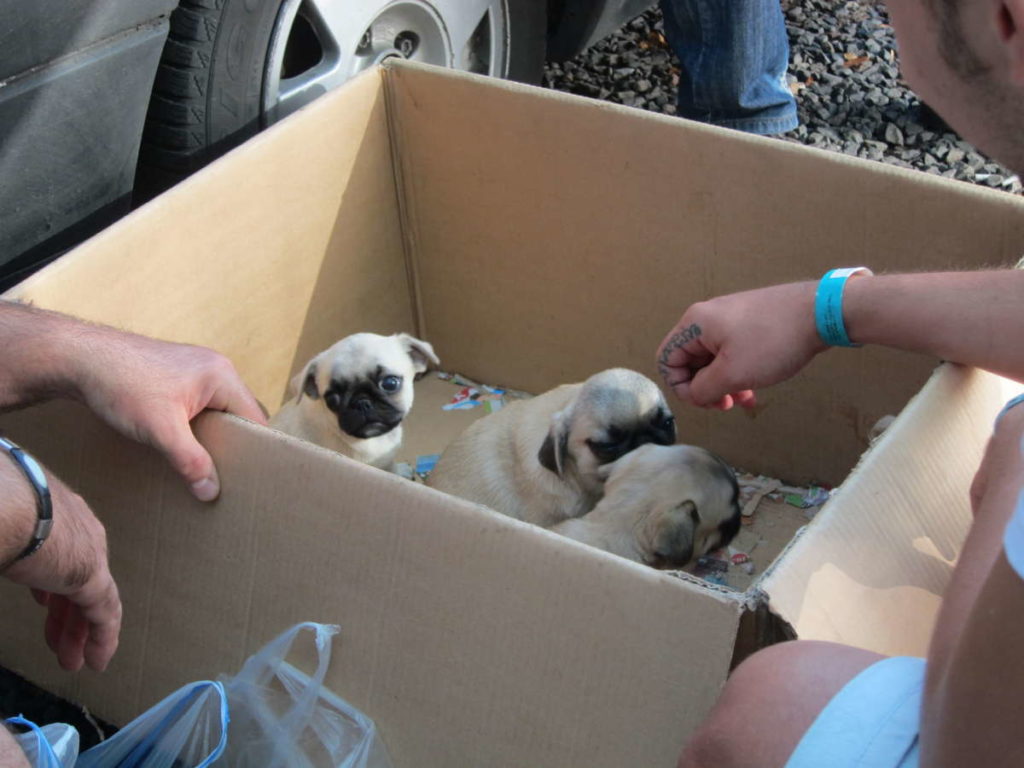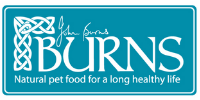As Christmas approaches and the demand for puppies’ increases, the Irish Pet Advertising Advisory Group (IPAAG) is reminding potential buyers to beware of the pitfalls of responding to online advertisements for puppies and other pets to ensure that they ask the right questions to avoid falling victim to rogue breeders, who put profits before animal welfare.
In 2015, leading animal welfare organisations (ISPCA, Dogs Trust, IHWT, Donkey Sanctuary, Irish Blue Cross and MADRA) along with representatives from the veterinary profession and websites advertising pets for sale joined forces to develop a set of minimum standards for websites to help protect the welfare of animals that are advertised online and ensure that any illegal activity is identified and investigated.
IPAAG has been targeting unscrupulous breeders by reporting inappropriate online adverts in breach of the IPAAG minimum standards where they were acting illegally and compromising the welfare of innocent animals to make a quick profit.
Since its launch, IPAAG has used Google Ads to educate people searching for pets being advertised online. As a result over one million impressions and 22,485 clicks to the IPAAG website was reached specifically targeting people who were looking to source a pet online, but may not be aware of the risks or how to protect themselves from unscrupulous breeders. This highlights that people do want advice prior to getting a puppy, however they may not have thought to seek it or known where to go prior to seeing the IPAAG advertisements.
IPAAG Chairman Dr Andrew Kelly said: “We would always encourage prospective pet owners to consider adopting an animal from a reputable rescue organisation. However, we recognise that people will often turn to their computers when looking to buy or sell almost anything and whether we like it or not that includes pets. Animal welfare organisations regularly hear from people who have sourced a pet online only for it to fall sick and in some cases die soon after, which is awful for the animal concerned and heart breaking for the owners. Anyone looking to get a new pet should follow the IPAAG check list to avoid the pit falls of becoming a victim of unscrupulous breeders. Some websites, such as Done Deal are very cooperative, are complying with the minimum standards and do report adverts of concern to the appropriate authorities, but others are less cooperative. I would also like to remind people to never give a puppy or any other animal as a surprise gift at Christmas or any other time of the year.”
IPAAG is urging anyone thinking of getting a new pet to carefully research where your new pet has originated from and to be aware of unscrupulous breeders who are putting profits before animal welfare. Getting a pet on impulse poses an enormous risk and to avoid unintentionally obtaining a pet from a rogue breeder, it is also important that you consider the long term commitment and financial resources required before taking on a new addition to the family.
Following on from the success of PAAG in the UK and IPAAG in Ireland, Blue Cross have developed EU PAAG through the EU Dog and Cat Alliance https://www.dogandcatwelfare.eu/about/ ; that provides a template for other EU Member States to develop a PAAG of their own. As a result, BelgPAAG has been set up in Belgium and five other member states are in the process of setting up PAAGs.
IPAAG check list:
- Have you considered adopting a pet from a local rescue centre first?
- If you have decided to go online to source a pet, ensure the website has signed up to the IPAAG minimum advertising standards. Visit http://www.ipaag.ie for more information, tips and advice.
- Different breeds have different requirements and temperaments. Research is important to ensure your new pet is suitable for your family and lifestyle.
- If you have already completed your research, ask your vet to recommend a reputable breeder or contact the IKC (Irish Kennel Club) for advice if you are looking to get a pet.
- Always ask to see mum and puppy interacting with each other and be concerned if you can’t.
- Are the facilities clean and does the litter of puppies appear to be alert and healthy? You should be able to handle the puppies freely under supervision.
- Ensure any new pet is old enough to leave its mother – puppies need to be at least 8 weeks old.
- Ask the breeder if they are registered under the Dog Breeding Establishments Act 2010. If the answer is yes, ask to see the certificate issued by the Local Authority.
- Microchipping is a legal requirement for all dogs and puppies once they are 12 weeks old. A puppy must be microchipped and the ownership transferred if applicable, even if this is before 12 weeks. It is very important that the change of ownership form is complete and the buyer must produce ID and proof of address to the seller.
- Always ask for a copy of the veterinary records such as the vaccination certificate, microchipping details and treatment record for parasites. If you are unsure about it, speak to your local vet.
- For pedigree puppies, check that the Irish Kennel Club registration papers and the parents’ hereditary disease screening certificates, where appropriate, are in order.
- If you suspect a puppy has come from a commercial breeding establishment, please don’t take it out of pity. You may think you are saving a puppy but you will be fuelling the puppy farm trade demand.
- If in doubt, walk away and visit a reputable rescue centre
- Wild or exotic species have specific needs and are for specialists. Is it dangerous, wild, or even endangered? Check it will make a suitable pet.






